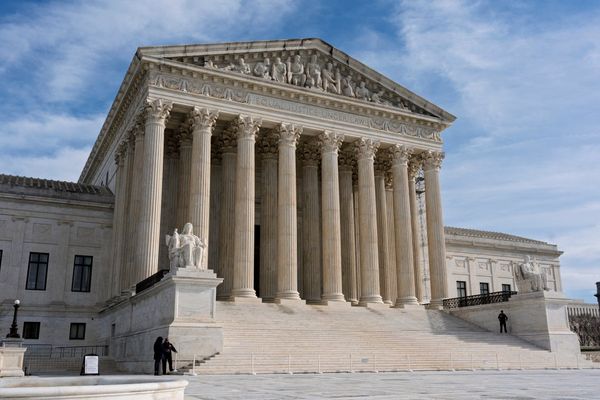
A range of flapjacks have been found to be sweets rather than cakes and therefore subject to VAT, in a judgment that could have big financial implications for manufacturers of the treats.
The tax tribunal ruled that 36 flapjacks produced by Glanbia Milk were not cakes, which are zero-rated for VAT purposes, because they would not be eaten for afternoon tea, were more commonly eaten on the go, were not baked and contained significant amounts of protein.
Judge Christopher Staker and Caroline Small tasted four of the products and found them to be – unlike cakes – not aerated, and to have “a dense, chewy consistency similar to a fruit bar or an energy bar. The ordinary person would not consider this to be the typical texture of a cake”.
The two-person panel said the Glanbia Milk products contained “significant amounts of protein, an ingredient not traditionally associated with cakes” and that a typical cake would be “squarish rather than long and thin”.
Its members also said that cakes were typically eaten at celebratory functions, while the flapjacks under scrutiny would be considered by the ordinary person to “look wholly out of place as a dessert at the end of a meal, or as the food to be consumed at an afternoon tea”.
They added: “If held up to a group of contestants in a game where a point is awarded to the first contestant to call out correctly what the object is, the tribunal is satisfied that the majority of contestants would say spontaneously that the product is a ‘bar’, or a ‘fruit bar’, or an ‘energy bar’.”
The case is reminiscent of the court battle between McVitie’s and HM Customs and Excise (now HMRC) in the 1990s when the UK’s tax authority unsuccessfully argued that Jaffa Cakes were biscuits and so should attract VAT.
Glanbia Milk, which is based in Birmingham, was appealing against a decision by HMRC that the company had incorrectly classified its flapjacks as cakes rather than standard-rated for VAT purposes. It made an application in the case to introduce samples of similar products with a zero rating made by rival manufacturers, but the tribunal panel questioned the relevance of this evidence and said it was not its role to determine whether other companies’ products had been correctly rated.
Nevertheless, Staker and Small made a number of observations about the difference between “traditional” and modern flapjacks, which could have ramifications for other manufacturers. They noted that HMRC internal guidance states that flapjacks in general should be considered to be similar to cereal bars, which are classified as sweets, unless they are akin to those sold in the 1970s – when VAT was introduced – which were widely accepted as cakes.
In its written judgment, the panel said: “Compared to a ‘standard’ flapjack purchased in a cafe or at a supermarket, the products in this case had fewer calories, about 10 times less sugar (with no sucrose or other standard sugar added), and very low levels of fat …
“The ordinary person would not consider the products in this case to have the texture or appearance of a typical flapjack, let alone that of a typical cake.”
• This article was amended on 17 April 2022. The McVitie’s case was against HM Customs and Excise, not HMRC, which was formed by the merger of HMCE and the Inland Revenue in 2005.







